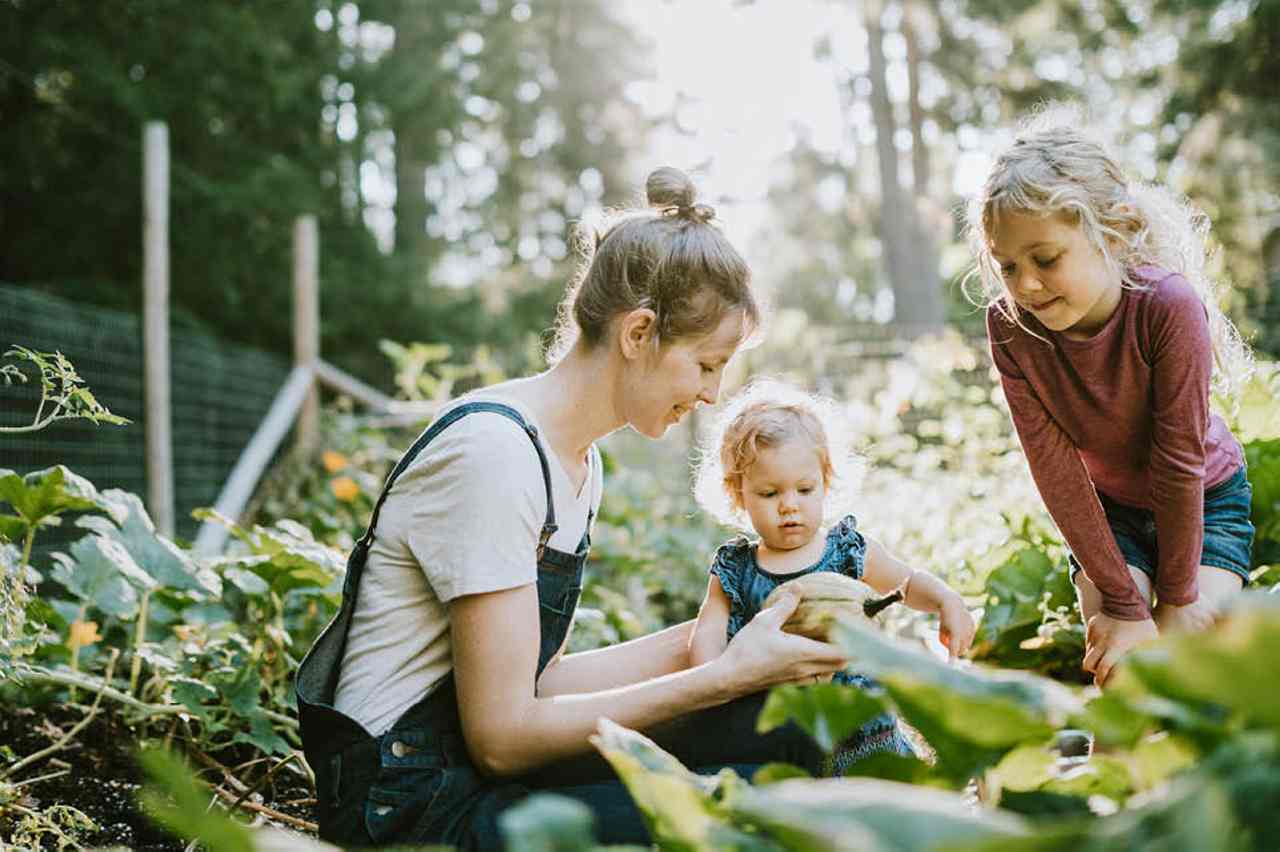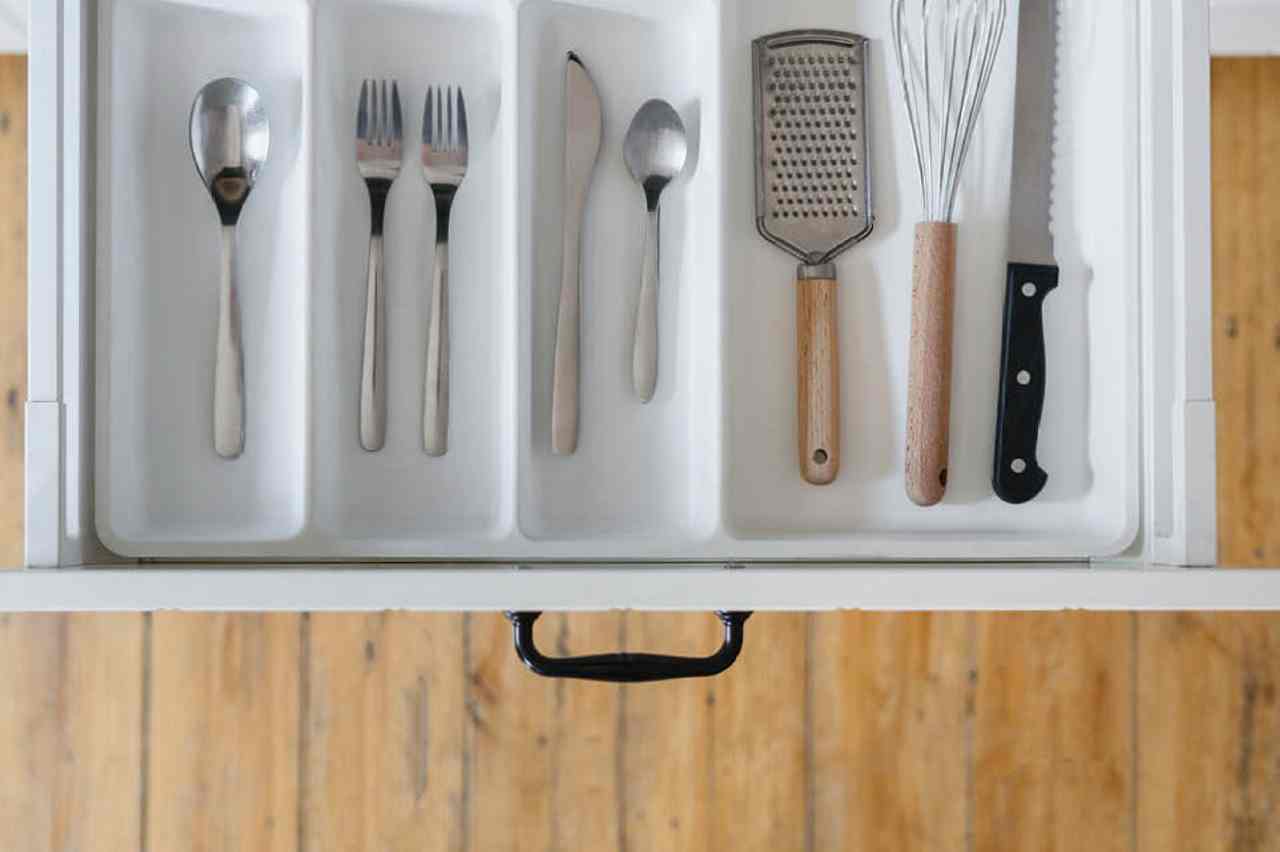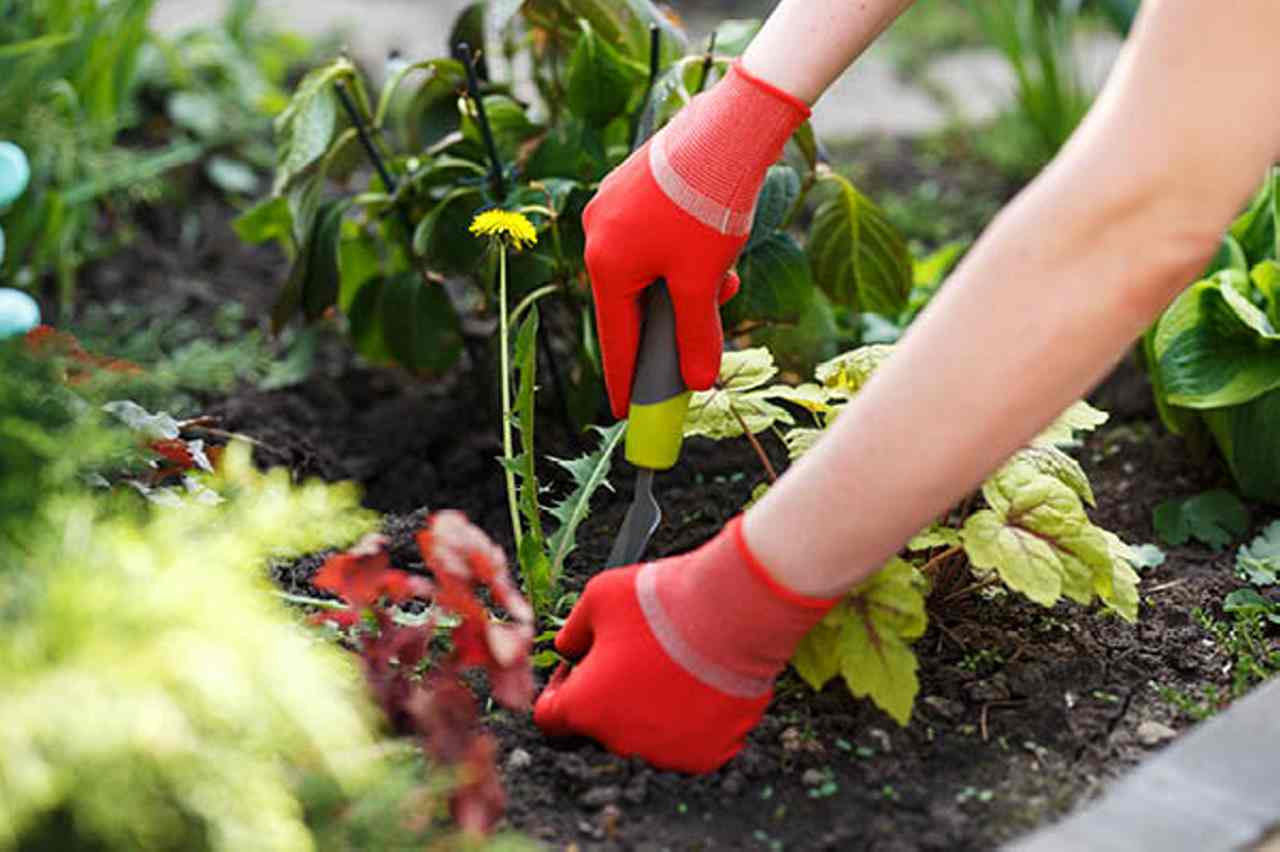Drew Ramsey, MD, is a dad, a psychiatrist, a pioneer in linking mental health with diet — and likely the only professor at New York City’s Columbia University you’ll regularly find riding a horse in Indiana.
“I tell people my wife bought me a 2,500-pound emotional-support animal to get me through the pandemic,” Ramsey quips.
He and his family moved to Indiana a few years ago, and he now splits time between the city and their farm. It replicated his parents’ journey during the hippie era, and its healthy-living vibe turned Ramsey into a star athlete. But he also gobbled up some of the era’s bad diet advice. By the time he graduated from medical school he ate little but processed foods — and felt awful.
“So I got curious about my own mental health, and started connecting the dots between research and practice,” he recalls. “Countries that eat more fish have less bipolar disorder. So, shouldn’t I eat fish? Wait — shouldn’t I prescribe fish?”
Soon Ramsey was writing books, including The Happiness Diet and his latest, Eat to Beat Depression and Anxiety.
“If you’re eating well and struggling with mental health, nutrition shouldn’t be your only step,” he says. “You should also look at optimizing sleep, dealing with emotional trauma, and other complex emotions. Sometimes you’ll need prescribed medicines. But if you’re mainly struggling with energy and mood, nutrition is a good place to start.”
He offers the following ideas, too.
See the Whole Picture
Ramsey became known as the King of Kale after publishing Fifty Shades of Kale. But even he thinks the famously healthy cruciferous vegetable has its limits. “A lot of times wellness advice seems to be just ‘Eat more kale’ and ‘Do more yoga,’ but that does a disservice to science. Food is a piece of wellness, but people need to meaningfully engage and take care of their mental health.”
Garden Together
“My family eats out of our garden all summer and fall, and it gives such a center to our family table. Tomatoes, okra, onions, lots of leafy greens, berries — pretty much every day there’s something to harvest. The food is fantastic, but we also have all of these shared experiences, which lead to ongoing conversations.”
Let Kids Invent Recipes
“When my kids — now 7 and 10 — and I cook together, I give them freedom to be creative, to make what sounds good. Adults can be jerks about food, and in general adults can be jerks to kids: We have so many rules; we don’t let them just be kids. We’re worried they’re going to make something gross. So what? We get to celebrate them and taste something new.”
Consider Therapy Animals
“I find interacting with any animal to be really therapeutic. Dogs, horses — and some of my patients get so much from their cats. I always have a therapy dog in my office, and a companion animal at home.”
Catch the Sunrise
“Parenthood taught me: If you watch the sunrise every morning, you’re setting your clock — and you’re setting yourself up for a good day.”





